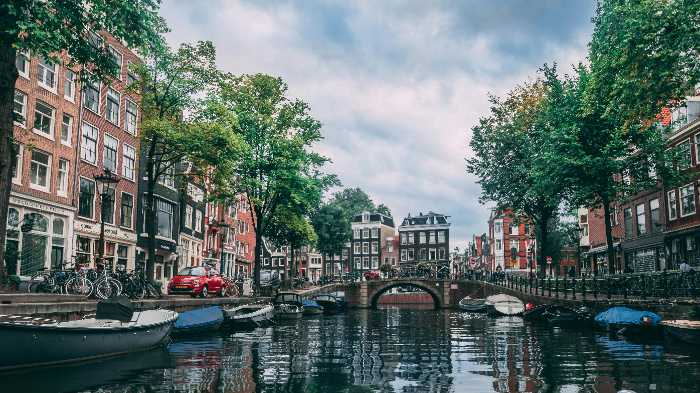
Amsterdam
NetherlandsAmsterdam, a city laced with picturesque canals and brimming with a unique liberal spirit, offers a tapestry of intriguing details beyond its well-trodden paths. It wasn't always the Netherlands' primary center; for a time, cities like The Hague held significant political sway, a reminder that Amsterdam's current prominence evolved over centuries. Consider this: Amsterdam is famously built on millions of wooden poles. This seemingly precarious foundation is due to the city's marshy terrain. These submerged pillars, some dating back centuries, silently support the weight of its iconic canal houses, a testament to ingenious early engineering that continues to defy the watery landscape. Intriguingly, Amsterdam boasts more bicycles than inhabitants. This two-wheeled dominance shapes the city's rhythm, with dedicated bike lanes forming a complex network often prioritized over car traffic. The sheer volume of bicycles, however, leads to an unusual problem: thousands end up in the canals each year, requiring specialized retrieval efforts. Another fascinating aspect of Amsterdam lies in its historical role as a haven for religious and intellectual freedom. During the 17th-century Golden Age, the city welcomed those fleeing persecution elsewhere in Europe, fostering a vibrant intellectual climate that attracted thinkers and artists like Rembrandt and Spinoza, contributing to a period of unprecedented cultural flourishing. Beyond its iconic canals, Amsterdam is home to the world's only floating flower market, the Bloemenmarkt. Situated along the Singel canal, this fragrant spectacle has existed since 1862, with the flower stalls traditionally located on houseboats, a charming nod to the city's intimate relationship with its waterways. Furthermore, the seemingly ordinary canal houses often conceal surprising histories. Their narrow facades, dictated in part by historical property taxes based on width, often extend deep inside, revealing hidden courtyards and intricate interiors that speak to the wealth and ingenuity of past inhabitants. Many feature distinctive hoisting hooks near the roof, a practical necessity for lifting goods to the upper storage levels. Finally, for those seeking a different kind of "coffee," Amsterdam's renowned coffee shops operate under a unique legal framework, a testament to the Netherlands' progressive social policies. These establishments, distinct from regular "koffiehuis" cafes, offer a regulated environment for cannabis consumption, a cultural nuance that often surprises first-time visitors. To explore Amsterdam is to encounter a city where innovative solutions meet a rich history of tolerance and trade, all reflected in its distinctive landscape and open-minded atmosphere.
 House of Bols
Bar
House of Bols
Bar
 Xtracold Icebar
Bar
Xtracold Icebar
Bar
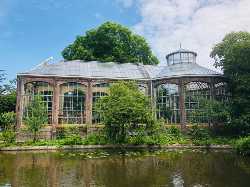 Hortus Botanicus
Botanical Garden
Hortus Botanicus
Botanical Garden
 Royal Palace Amsterdam
Castle
Royal Palace Amsterdam
Castle
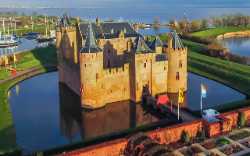 Muiderslot Castle
Castle
Muiderslot Castle
Castle
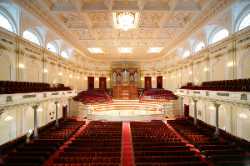 Concertgebouw
Concert Hall
Concertgebouw
Concert Hall
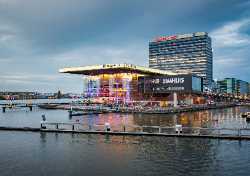 Muziekgebouw aan 't IJ
Concert Hall
Muziekgebouw aan 't IJ
Concert Hall
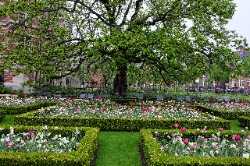 Rijksmuseum Gardens
Garden
Rijksmuseum Gardens
Garden
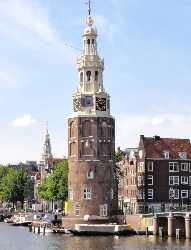 Montelbaanstoren
Historical Landmark
Montelbaanstoren
Historical Landmark
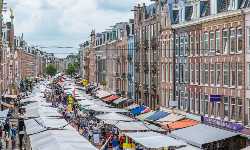 Albert Cuyp Market
Market
Albert Cuyp Market
Market
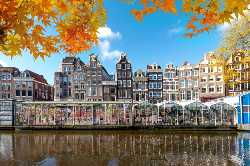 Bloemenmarkt
Market
Bloemenmarkt
Market
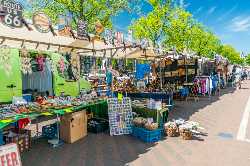 Waterlooplein Flea Market
Market
Waterlooplein Flea Market
Market
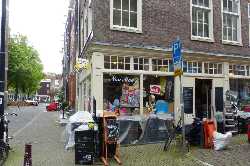 Noordermarkt
Market
Noordermarkt
Market
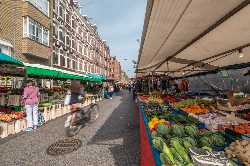 Ten Katemarkt
Market
Ten Katemarkt
Market
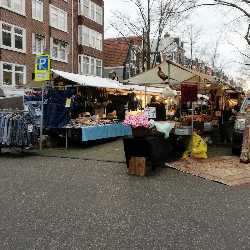 Westerstraat Market
Market
Westerstraat Market
Market
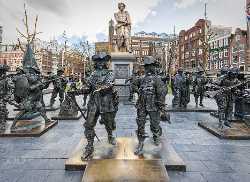 Rembrandt Monument
Monument
Rembrandt Monument
Monument
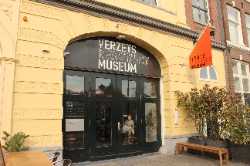 Resistance Museum
Museum
Resistance Museum
Museum
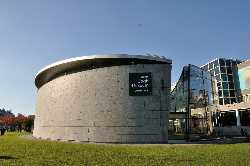 Van Gogh Museum
Museum
Van Gogh Museum
Museum
 Hermitage Amsterdam
Museum
Hermitage Amsterdam
Museum
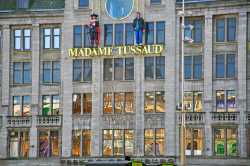 Madame Tussauds Amsterdam
Museum
Madame Tussauds Amsterdam
Museum
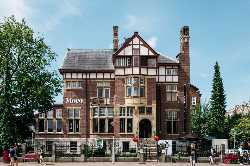 Moco Museum
Museum
Moco Museum
Museum
 Maritime Museum
Museum
Maritime Museum
Museum
 Amsterdam Dungeon
Museum
Amsterdam Dungeon
Museum
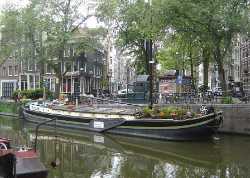 Houseboat Museum
Museum
Houseboat Museum
Museum
 Electric Ladyland
Museum
Electric Ladyland
Museum
 Amsterdam Museum
Museum
Amsterdam Museum
Museum
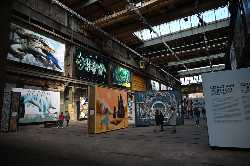 STRAAT Museum
Museum
STRAAT Museum
Museum
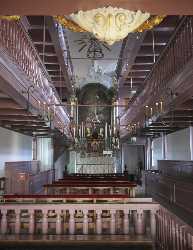 Our Lord in the Attic Museum
Museum
Our Lord in the Attic Museum
Museum
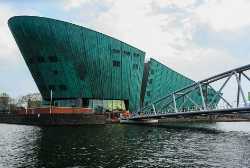 NEMO Science Museum
Museum
NEMO Science Museum
Museum
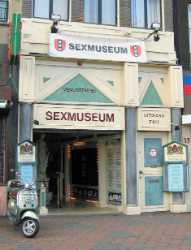 Sexmuseum Amsterdam Venustempel
Museum
Sexmuseum Amsterdam Venustempel
Museum
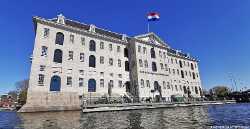 Dutch Maritime Museum
Museum
Dutch Maritime Museum
Museum
 Red Light Secrets
Museum
Red Light Secrets
Museum
 Rembrandt House Museum
Museum
Rembrandt House Museum
Museum
 Body Worlds Amsterdam
Museum
Body Worlds Amsterdam
Museum
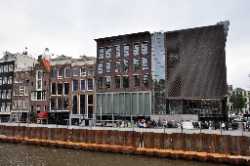 Anne Frank House
Museum
Anne Frank House
Museum
 Heineken Experience
Museum
Heineken Experience
Museum
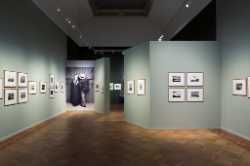 FOAM Fotografiemuseum Amsterdam
Museum
FOAM Fotografiemuseum Amsterdam
Museum
 Verzetsmuseum
Museum
Verzetsmuseum
Museum
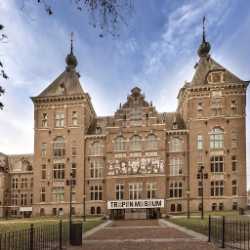 Tropenmuseum
Museum
Tropenmuseum
Museum
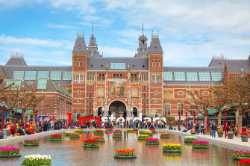 Rijksmuseum
Museum
Rijksmuseum
Museum
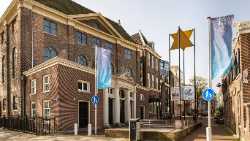 Jewish Cultural Quarter
Museum
Jewish Cultural Quarter
Museum
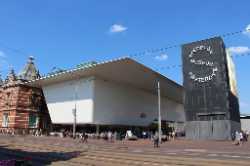 Stedelijk Museum
Museum
Stedelijk Museum
Museum
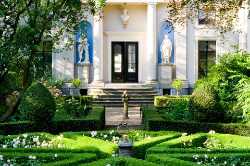 Museum Van Loon
Museum
Museum Van Loon
Museum
 Willet-Holthuysen Museum
Museum
Willet-Holthuysen Museum
Museum
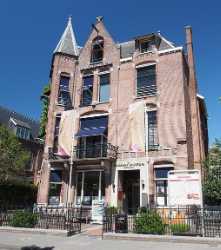 Diamond Museum Amsterdam
Museum
Diamond Museum Amsterdam
Museum
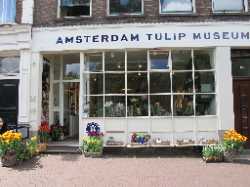 Tulip Museum
Museum
Tulip Museum
Museum
 Paradiso
Music Venue
Paradiso
Music Venue
 Melkweg
Music Venue
Melkweg
Music Venue
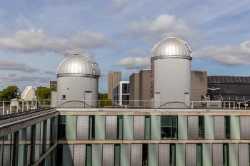 Anton Pannekoek Observatory
Observatory
Anton Pannekoek Observatory
Observatory
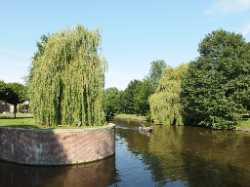 Westerpark
Park
Westerpark
Park
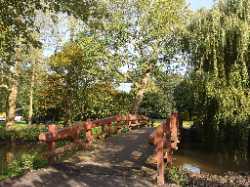 Oosterpark
Park
Oosterpark
Park
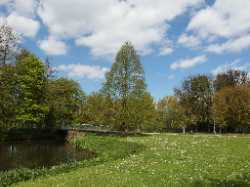 Rembrandtpark
Park
Rembrandtpark
Park
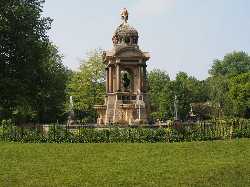 Sarphatipark
Park
Sarphatipark
Park
 Het Amsterdamse Bos
Park
Het Amsterdamse Bos
Park
 Vondelpark
Park
Vondelpark
Park
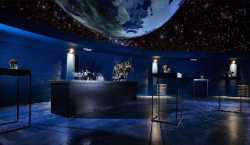 Artis Planetarium
Planetarium
Artis Planetarium
Planetarium
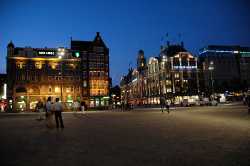 Dam Square
Square
Dam Square
Square
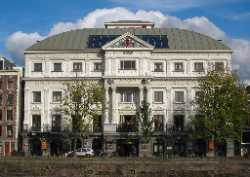 Royal Theater Carré
Theatre
Royal Theater Carré
Theatre
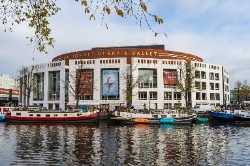 Dutch National Opera & Ballet
Theatre
Dutch National Opera & Ballet
Theatre
 DeLaMar Theater
Theatre
DeLaMar Theater
Theatre
 Internationaal Theater Amsterdam
Theatre
Internationaal Theater Amsterdam
Theatre
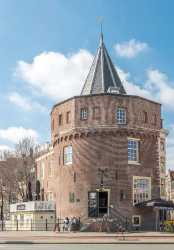 The Schreierstoren
Tourist attractions
The Schreierstoren
Tourist attractions
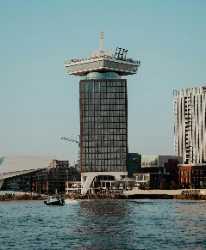 A'DAM Lookout
Tourist attractions
A'DAM Lookout
Tourist attractions